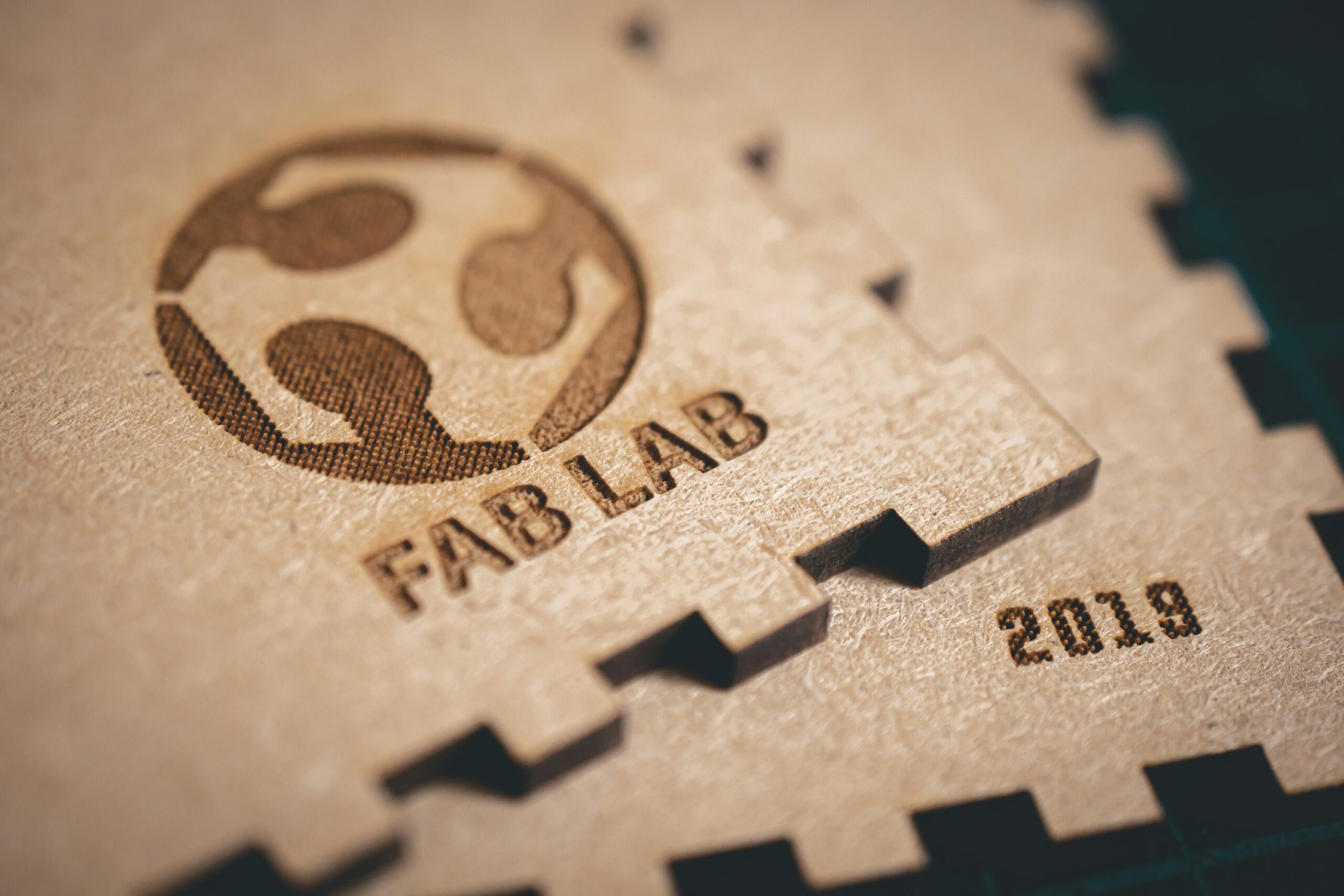Recently, during my Fabrication Numérique course at Cégep de l’Outaouais, I had the opportunity to immerse myself in the world of FabLabs. For those who might not be familiar, a FabLab (Fabrication Laboratory) is a digital fabrication space equipped with tools like 3D printers, laser cutters, and CNC machines. Conceived by the Massachusetts Institute of Technology (MIT), these labs aim to democratize fabrication technology, allowing anyone—from beginners to professionals—to turn ideas into prototypes and explore new ways of creating.
What struck me most is the essential role the community plays in these spaces. FabLabs aren’t just about technology; they’re about people coming together to learn, share knowledge, and collaborate on projects that benefit both individuals and society at large. The diversity of backgrounds—engineers, students, artists, innovators—creates a vibrant environment where ideas and skills are freely exchanged.
This collaborative spirit is incredibly valuable in the field of engineering. Being able to validate concepts, test ideas, and innovate quickly in an accessible setting accelerates development and fosters creativity. Moreover, FabLabs have a positive impact on society. They empower those with limited resources to access cutting-edge technologies and develop solutions to local challenges. From low-cost medical device prototypes to sustainability initiatives, the projects born in FabLabs drive social innovation and create economic opportunities.
In essence, FabLabs are more than just workshops; they are hubs of learning, innovation, and empowerment, making knowledge and technology accessible to all.
I’m excited to continue exploring this space and see how we can leverage it to make a positive impact on our communities.
Have you had any experiences with FabLabs or collaborative workspaces? I’d love to hear your thoughts!
#FabLab #Engineering #Innovation #Community #Collaboration

